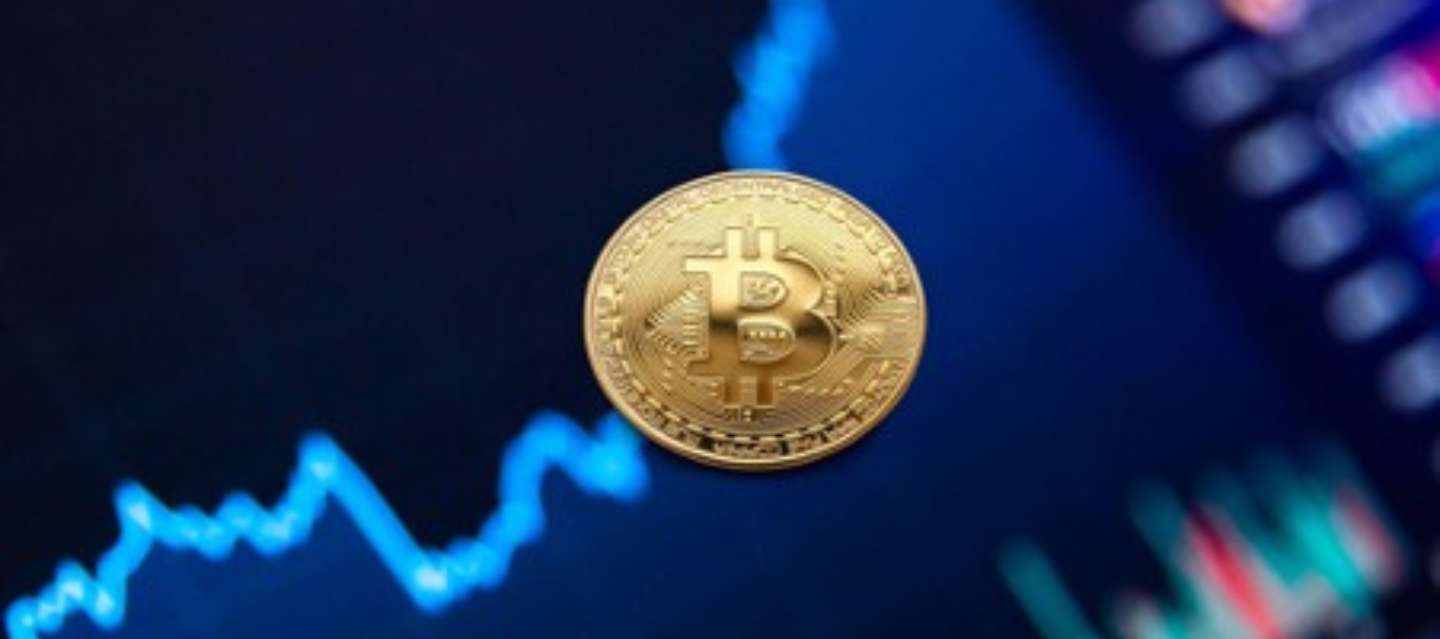Article content
Industries have been eyeing blockchain over the past few years, and more and more businesses have steadily adopted this technology. As such, the blockchain market value is projected to reach a value of £97.16 billion ten years from now, growing at a CAGR of 44.9% from 2023 to 2033. Being a decentralised and digital ledger, blockchain lets businesses share data and information within a network and benefit from more security when tracking assets and recording transactions. Blockchain is also changing IoT technology by impacting how these devices send and receive information. Here’s how both blockchain and IoT are working together to transform various industries:
The legal sector
Bureaucracy has made the legal system tricky to navigate, so IoT and blockchain can help ease processes, especially for laymen. One potential disruption of blockchain technology in the legal world can be the processing and maintenance of smart contracts. Certain clauses would run themselves under blockchain technology, allowing them to be automated and repeated. Given the nature of blockchain as a self-renewing and self-regulating technology, it’s possible to retain information on intellectual property— improving how distribution is tracked.
These advancements are also made easier with the help of IoT. This can help professionals in the field collect a large amount of data and a wide variety of it. This network of data and information can help make decisions and pass judgements, which can then be written into documents and contracts to be kept in the blockchain.
The health and fitness industry
Health and fitness have always been major aspects of people’s lives, and IoT technology is transforming how the industry works. An example of IoT in health and fitness are wearables like watches that have risen in popularity as of late, allowing people to track fitness levels and progress while they exercise. People can also use smart machines to do a wide array of exercises at home, and sensors can track activity.
One issue with this technology is that data these devices store can be easily obtained and tampered with on centralised networks. Blockchain ensures that this information is kept private and secure due to its encryption and elimination of third parties. Users can access their data without fear of peering eyes or bad actors.
The retail world
Customer satisfaction and loyalty have always been driving forces for the advancement of retail companies. Blockchain and IoT are allowing businesses to digitalise their strategies to increase profits, boost efficiency, and keep people coming back. One way IoT is changing retail is through devices like smart shelves, sensors in physical stores, AR filters, and mirrors, and the like provide customers with an easier time shopping. Companies also gain better insight into customer behaviour and which products are most frequently bought so they can restock and market accordingly.
This technology collects all kinds of data that drive decision-making, but an overwhelming amount of it coupled with a lack of transparency can be a hassle to deal with. Blockchain technology can improve tracking and managing inventory; units, orders, and bills can be stored within this decentralised network and all parties who require the information can easily and securely access them. This leads to better organisation, decreases inventory costs, and quickens restocking, ensuring the satisfaction of everyone involved.
It is evident that industries are looking to IoT and blockchain to streamline their processes and keep critical information accessible yet secure. While IoT devices have gained more widespread adoption in these past few years, blockchain technology is still a relatively new player in comparison. Both on their own already provide massive help to companies, but their combined benefits can bring even more transformation and efficiency when used together. With the interest in decentralisation, Web 3.0, and Industry 4.0 continuing to rise, IoT and blockchain will likely become more and more essential to all sorts of industries.







